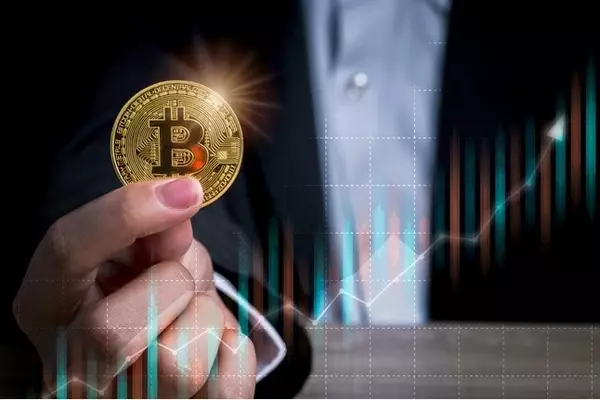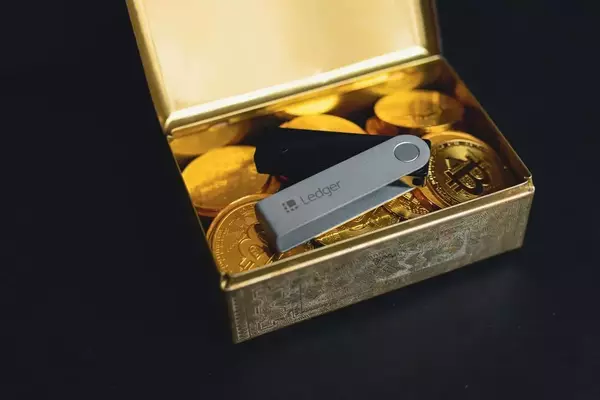Have you ever heard your friends, family, or news channels talking about Bitcoin or cryptocurrencies and wondered what they are? Then, this article is for you. This post will tell you, What is Cryptocurrency Explain in Detail?
According to the Global Findex database, nearly 1.7 billion adults worldwide remain unbanked—without an account at a financial institution or a mobile money provider. In such regions, cryptocurrencies can play a significant role. Predictions suggest a rise in adoption in these regions due to the low entry barriers and ease of use.
What if you could send money abroad quickly without paying a lot of fees? What if you could buy something from another country without worrying about extra bank charges? What if everyone could access money, even if they can’t use regular banks? Yes, my friend, Cryptocurrency could make this possible.
But it’s not just about sending or receiving money. Cryptocurrencies could also change other parts of our lives, like buying houses or securing medical records. We’re seeing more uses of cryptocurrencies, and they’re not just another type of digital cash.
Also read: Top Platforms to Buy and Sell BTC Instantly in 2023
One of the big things about Cryptocurrency is security. Because of its technology, it’s very secure, which means less fraud and more trust in how we handle money.
According to a report from Deutsche Bank, cryptocurrencies could replace cash by 2030 due to the rapid digitization of economies and societies.
Table of Contents
What is Cryptocurrency Explain in Detail?
If you’re curious about what “Cryptocurrency” means, its answer is quite simple. The term cryptocurrency combines two words: “cryptography,” which is a way to secure information, and “currency,” which is another word for money. So, Cryptocurrency is a type of digital or online money that uses cryptography techniques for secure transactions.

You won’t find this kind of money in your wallet as paper bills or coins because it’s totally digital. And guess what? It’s super secure! That’s where cryptography comes in. It ensures that your transactions stay safe and private.
Let’s talk about something important: Who regulates or controls this money? With regular money like dollars, euros, or rupees, the government or banks who regulate it. They control how it’s used and keep track of it. This is what we meant by a “centralized” system.
But cryptocurrencies are different. They’re “decentralized,” which means no single person or Financial institution controls them. It’s like having a money system run by the people, for the people!
You might be thinking, ” if there is no central audhority, then how do we keep track of all the transactions?”
The answer is,
Every time you use Cryptocurrency, that transaction gets recorded on a “public ledger.”
But, What is Public Ledger?
Before diving into a “Public Ledger,” it’s good to have a basic understanding of “Blockchain.”
When we make transactions using physical money, like paying for groceries or getting our paychecks, these transactions are logged in the computers of our banking institutions.

We also have our own record of these transactions, which we can usually find in our BankBooks or PassBooks. This way, both the bank and we can track our financial activity. It’s a centralized system with the bank as the gatekeeper of all the transaction data.
When you make transactions using digital wallets, where your cryptocurrencies are stored, all of these transactions are recorded on what’s known as a blockchain.
You’re absolutely right! This public ledger, or blockchain, records every transaction made with that specific Cryptocurrency since it was first created. Imagine it as a never-ending list that just keeps growing. When a block is filled up with all the details of transactions, new blocks are created and added to the chain. This process is done by network participants known as “miners.”
In simple terms, a miner gets rewarded with new Bitcoins only after they successfully add a new block to the blockchain. This is the only way to generate new Bitcoins. There’s a cap of 21 million Bitcoins; once that number is reached, no more Bitcoins can be made.
